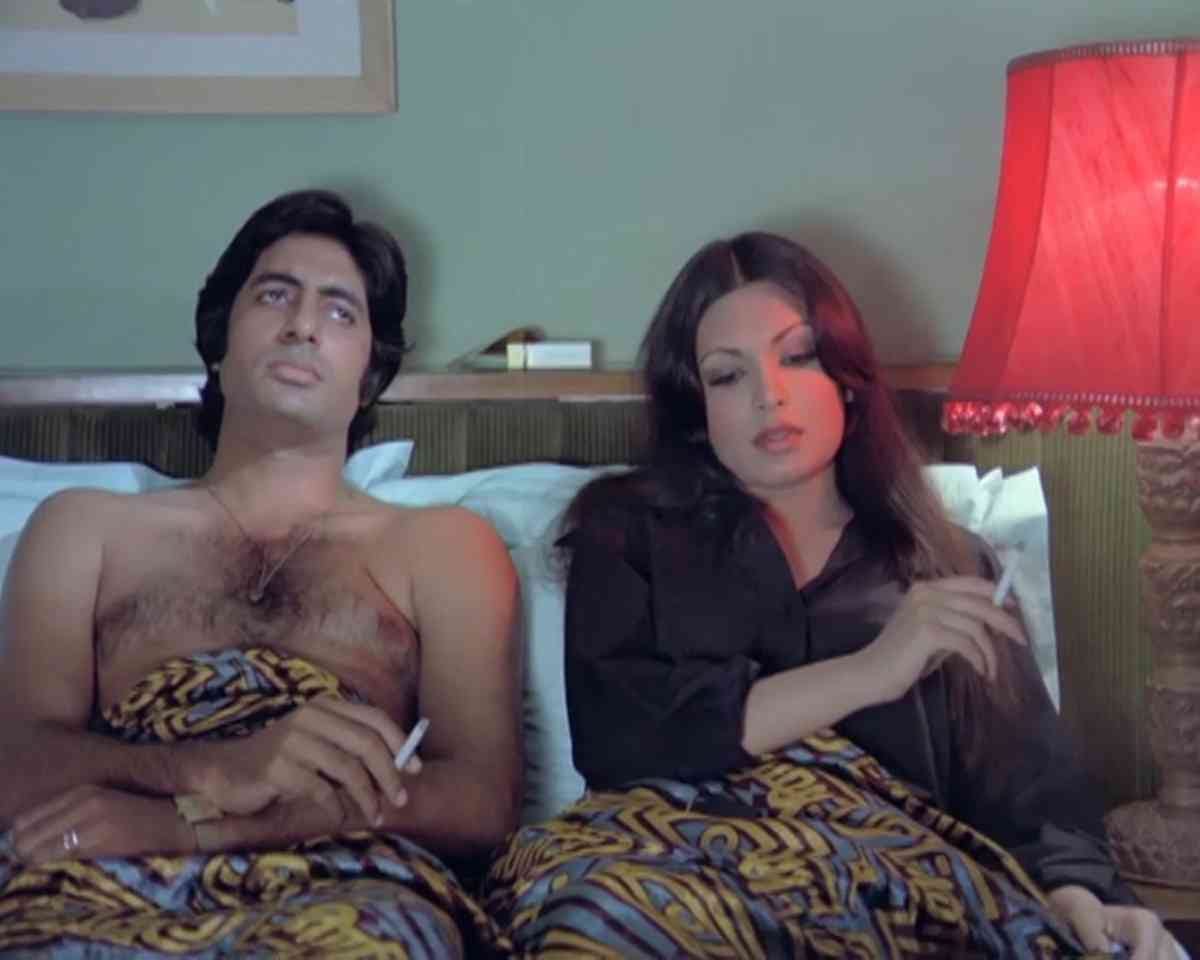“The colonized is elevated above his jungle status in proportion to his adoption of the mother country’s cultural standards.”
— Frantz Fanon, Black Skin, White Masks
There’s a girl in every brown girl.
A girl who learned that desire was dangerous, that her body was evidence, that her laughter could convict her, and her silence could too. A girl who was told that good girls don’t want, and bad girls pay the price. A girl who was never taught where want ends and shame begins — because for many of us, there was no difference.
She was warned, tamed, and trimmed down. She was told to cross her legs and hide her mouth. She grew up between auntie scorn, white boy lust, and between threats of violence and promises of liberation that still sounded like ownership.
She was told she was too much before she even knew what she was.
Too loud, fast, full.
Tez larki. Kharab. Randi. Crazy. Too sexual. Attention-seeking.
Words that don’t just name us, but exile us.
But here’s the secret: We didn’t become hypersexual. We were made into her.
Constructed by empire. Projected onto screens. Misread in bedrooms. Policed in classrooms. Worshipped and discarded. Feared and fetishized. And somewhere in that chaos — between shame and spectacle — we learned to survive.
But survival is not the same as sovereignty. This is the story of how we were shaped. And how we’re choosing to shapeshift ourselves.
I became her at thirteen. Or maybe eleven. When my social studies teacher in Islamabad made a joke about “fast girls” wearing lip gloss. When a neighbour auntie said I should stop laughing so loudly because “men will notice.” When a boy whispered raandi in the school hallway and no one said a word. When the men at the corner shop ogled my chest before I even knew what it was for.
🔒 Keep reading for the full essay on erotic sovereignty, brown girl desire, and the colonial architecture of shame.
Subscribe now to access the full piece and support independent brown feminist writing.





